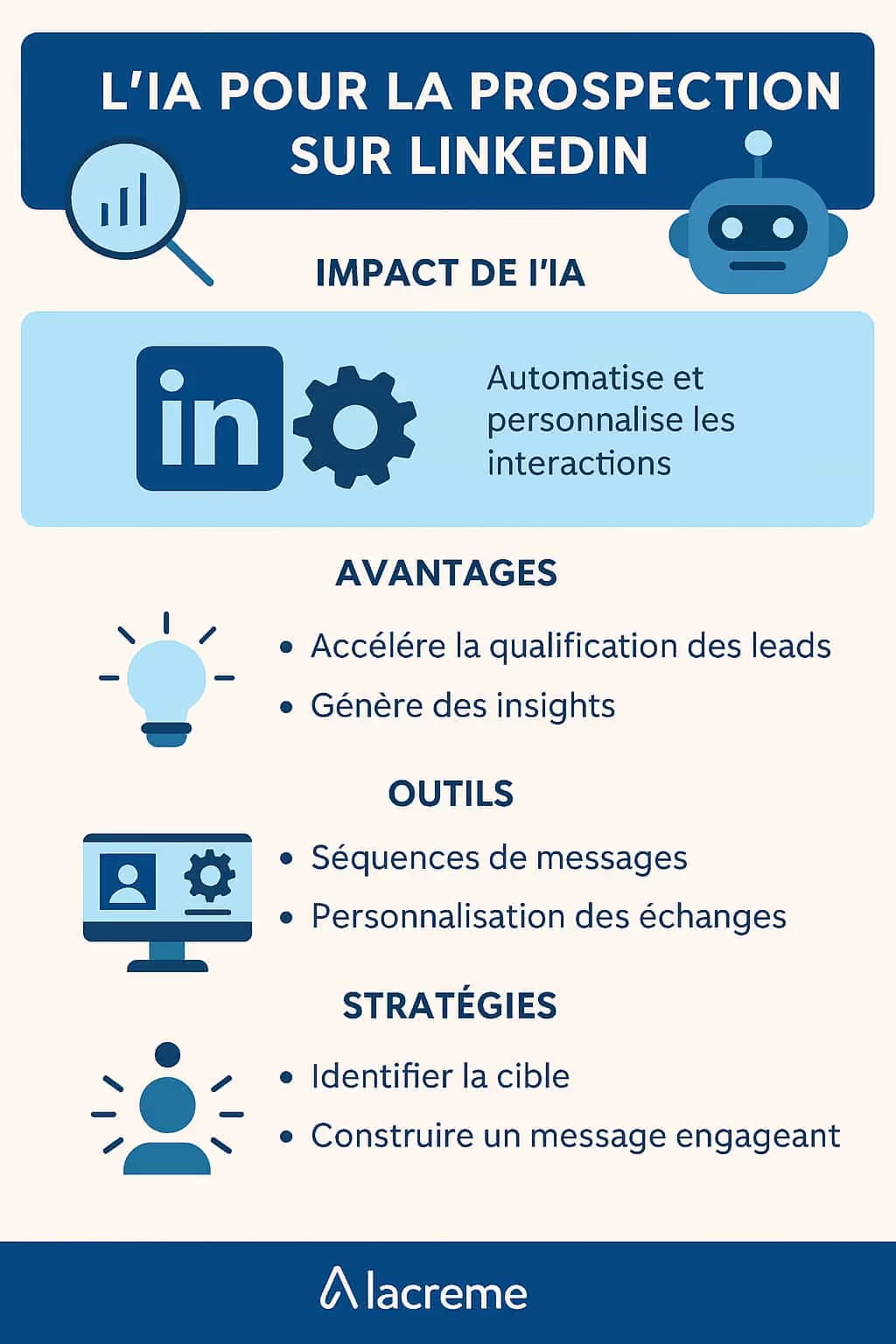The advent ofartificial intelligence (IA) marks an unprecedented transformation in various sectors, no less in the production ofenergy, which is at the heart of contemporary issues. The intelligent exploitation of data, coupled with the self-learning capacity of machines, reveals promising prospects for more efficient and cleaner energy management. Let's look at how AI is reshaping the energy production landscape and anticipating the future needs of our society.
The Potential of AI in Optimizing Energy Production
The integration ofartificial intelligence transform the way in which energies are produced, distributed, and consumed. By analyzing massive volumes of data and adapting in real time, AI propels energy efficiency to new heights.
Integrating AI into today's energy systems
The integration of AI into modern energy networks allows for a perfect synchronization between supply and demand. It ensures optimal regulation of energy flows by algorithms able to learn and adapt constantly. Systems can now foresee consumption peaks and adjust production accordingly, thus avoiding waste and reducing costs.
Concrete examples of optimization through artificial intelligence
Power plants use AI algorithms to optimize their combustion processes, reducing polluting emissions and improving efficiency. In addition, AI software sophisticated manage wind turbines, adjusting the angle of the blades and the direction of the turbines based on predictive wind analysis, thus maximizing the energy production electric.
AI and Prediction: Anticipating Energy Demand and Production
How AI is revolutionizing the forecasting of energy demand
AI excels at predicting energy demand, analyzing historical trends and multiple variables such as weather, the economic calendar, or even exceptional events. These predictions allow production to be adjusted to real needs, thus minimizing costly discrepancies between supply and demand.
Improving production management thanks to predictive data
Production management benefits enormously from predictive systems. For example, power plants can proactively orchestrate the maintenance of their equipment, reduce the frequency of breakdowns, and maintain energy supplies, allowing consumers to enjoy improved reliability.
The Impact of AI on Renewable Energies
Maximizing the efficiency of green energy sources
AI plays a key role in the rise of renewable energies. It contributes to the adjustment of solar photovoltaic systems to the variable intensity of the sun's rays and optimizes energy storage during periods of low consumption for later use.
Challenges and solutions for integrating AI in the renewable sector
Despite its great potential, the integration of AI in the renewable energy sector presents challenges. The variability of production from sources such as wind or the sun requires extremely sophisticated algorithms for effective management. The solutions lie in the continuous development of adaptive algorithms and the strengthening of energy storage infrastructures.
AI for Intelligent Energy Management: Use Cases
Optimizing smart grids and micro-grids with AI
At the heart of smart grids, AI facilitates the integration of renewable energies, load balancing and the reduction of consumption peaks. Microgrids, equipped with AI, gain in autonomy and resilience, capable of operating on an island or integrating into the general network as needed.
Predictive maintenance: a key advantage of AI
La predictive maintenance is a major advantage of AI, reducing service interruptions and extending the life of equipment. Smart sensors detect anomalies before they cause serious problems, allowing for proactive intervention for operational continuity.
The Ethical Issues of AI in Energy Production
The issue of data security in energy
La data security is essential, because the energy system is strategic for society. It is necessary to guarantee the confidentiality of information while taking advantage of the benefits of AI. Strict cybersecurity measures are in place to address this concern.
AI and sustainable development: What compromise?
Harmonization between AI and sustainable development raises lively discussions. Indeed, AI requires significant computer resources, which are sometimes energy-consuming. However, the intelligent application of this technology in the energy sector could well offset and even reduce the global carbon footprint, testifying to a more sustainable energy future.The convergence betweenartificial intelligence and energy production is generating a profound and structural transformation for our energy future. In constant evolution, AI offers almost unlimited possibilities for optimization, forecasting and management, making it an undeniable pillar in the quest for efficient and environmentally friendly energy production. Despite the ethical and technical challenges to be overcome, the extensive integration of AI in this field continues to mark significant advances, heralding a future where energy and intelligence combine for a better world.






